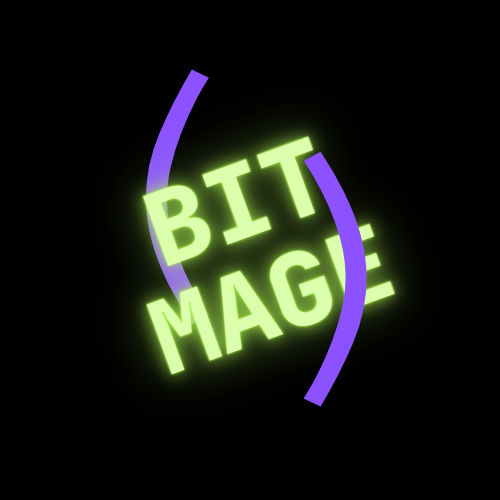Bells & Whistles
I’ve started spending some time per day without the usual modern software engineering tooling (LLMs, the Internet, etc) to explicitly maintain my cyber-deduction skills (in the context of Unix-based systems (BSDs, Linux, yet to explore Plan9), mostly because they power the majority of the global compute infrastructure).
It’s fun: init your journey with a man man (I’m an info info guy myself) and be extremely skeptical of your usual modus operandi, ditching all assumptions and tumbling down the rabbit hole.
